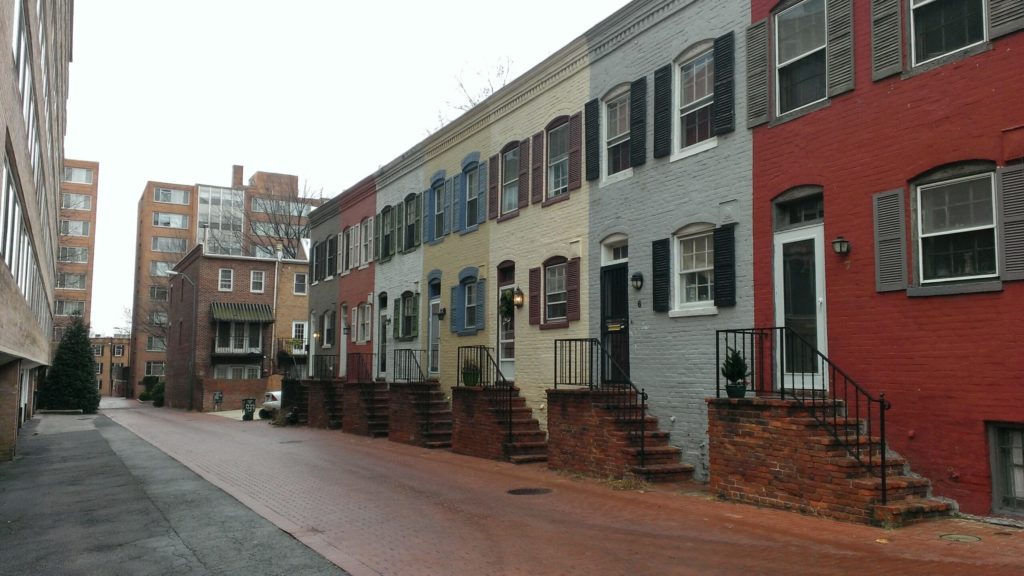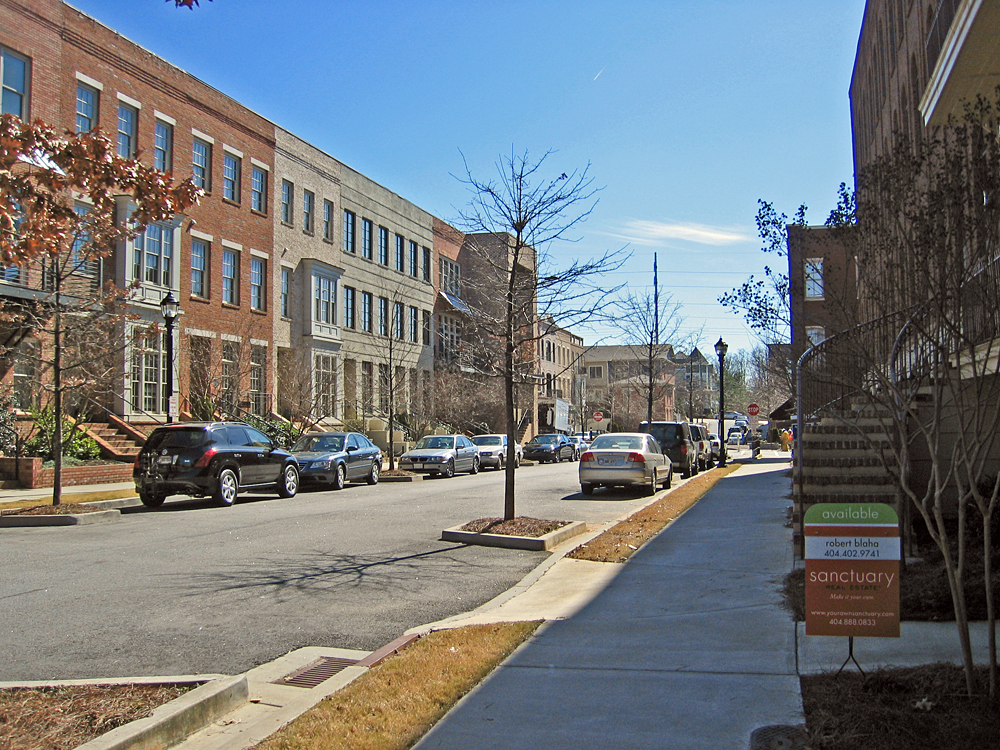
Identifying Innovative Funding Mechanisms to Address Unsheltered Homelessness in Austin
In spring 2021, city leaders facilitated the first Summit to Address Unsheltered Homelessness in Austin – the purpose of the summit was to develop an implementation strategy to effectively and significantly reduce unsheltered homelessness in the city. In the next three years local leaders are determined to rehouse 3,000 people... Read more

Developing a Regional Continuum of Care For Those Experiencing Homelessness
Seattle and King County rank in the top three areas in the country in homelessness on a per-capita basis, with more than 22,000 households and nearly 4,500 public school students experiencing homelessness in 2018 alone. And, unfortunately, homelessness has only worsened during the COVID-19 pandemic. The pandemic has also introduced... Read more

Building Urban Resilience by Integrating Community-based Power Supplies
One area of urban resilience New Orleans is focused on improving is within the electric grid. The electric grid is central to the web of interconnected systems that must operate resiliently to serve communities during times of extreme weather. From medical treatment to dry shelter, food, and clean water, nearly... Read more

Building Healthier Communities by Establishing an Enterprise-Wide System of Care
The Los Angeles Department of Health Services (DHS) is the second-largest municipal health system in the nation, acting as a sprawling safety-net system, primarily serving Black and Hispanic and low-income populations – residents who are uninsured or covered by Medi-Cal. Despite continuous improvements DHS has undertaken to respond to changes... Read more

Advancing Equity Through Inclusive and Affordable Housing
The growing demand for housing in Washington D.C. has made it difficult for low- and moderate-income households to afford to live in the district. Specifically, more than 70,600 renter households in 2019 were burdened by housing costs, meaning they spent more than 30 percent of their income on housing. To... Read more

Implementing Critical Initiatives to Mitigate Displacement of Atlanta’s Black and Low-Income Communities
Home to more than 6 million people, the Atlanta region is the ninth largest metro region in the nation and it is still rapidly growing. In part because of this unprecedented population boom, Atlanta currently ranks fifth among U.S. cities experiencing gentrification, with more than 46% of its census tracts... Read more

Building a Competitive Workforce for a Post-Covid DC
COVID-19 has greatly disrupted the regional economy in Washington D.C., leaving thousands of residents unemployed and forcing many businesses to close or dramatically shift their operations. About 150,000 people have lost jobs in the hard-hit hospitality and leisure industries, creating a critical need for residents to be retrained for jobs... Read more

Building an Inclusive and Resilient Economy by Supporting LA’s Minority & Women-Owned Small Businesses
Small businesses play a critical role in the US economy as employers, sources of innovation, and community centers. But small businesses, particularly those owned by women and people of color, have been uniquely vulnerable to the economic fallouts of the recent COVID-19 pandemic. Unfortunately, Los Angeles has been a hotspot... Read more

Reducing LA County’s Jail Population by Scaling Rapid Diversion Programs
Los Angeles County operates the largest jail system and de-facto mental health facility in the United States, holding more than 17,000 people daily, nearly 30% of whom have a serious mental health disorder. Residents of color are disproportionately incarcerated, with Black residents accounting for only 9% of the total population... Read more

Scaling Diversion Programs to Reduce Incarceration and Improve Resident Health
Every year in the U.S., two million people with mental illness are booked into jails, leading to a cycle of incarceration for these individuals. One in three persons in the Orleans Justice Center Jail are treated for addiction or mental illness, and these individuals remain in the jail more than... Read more
